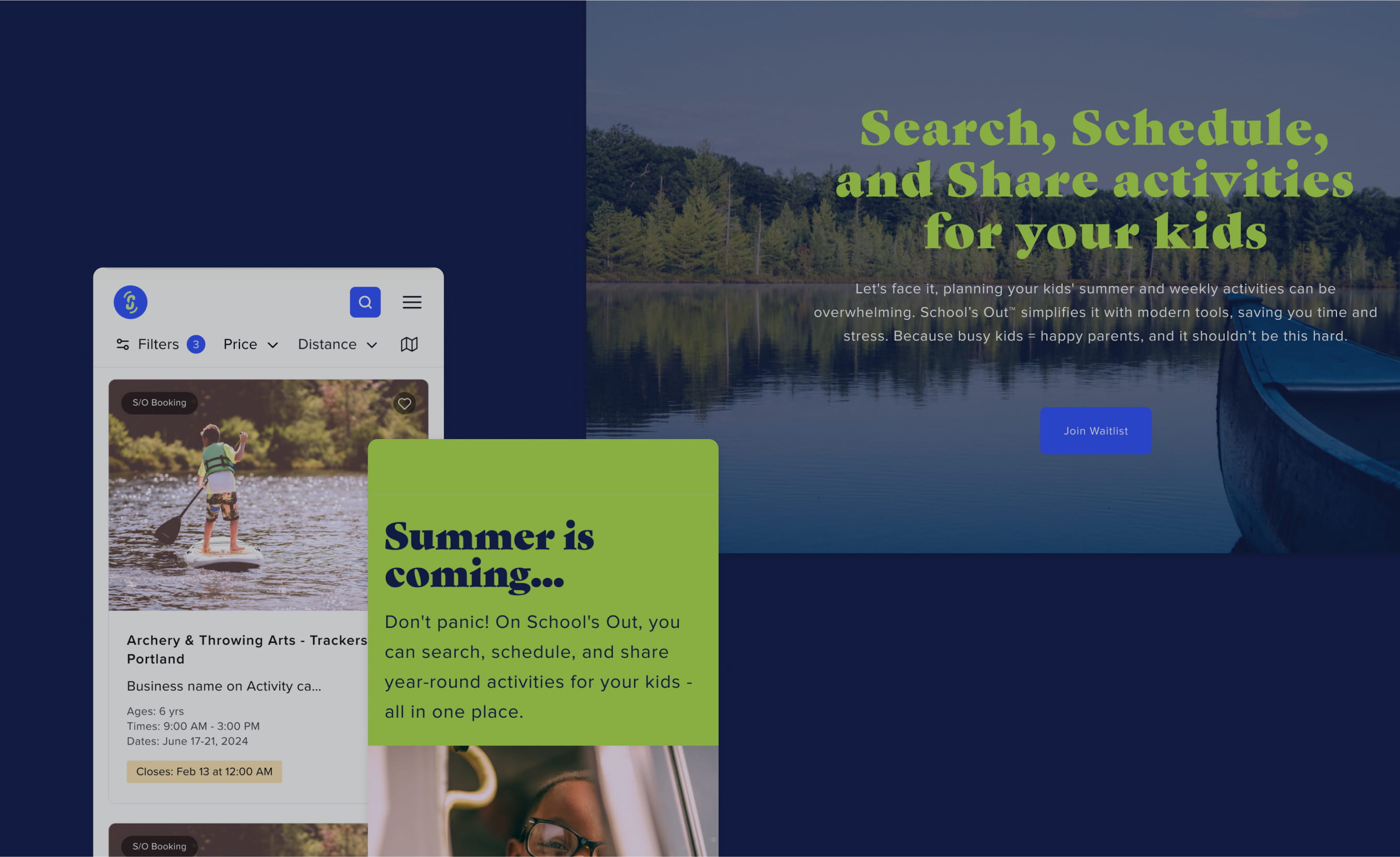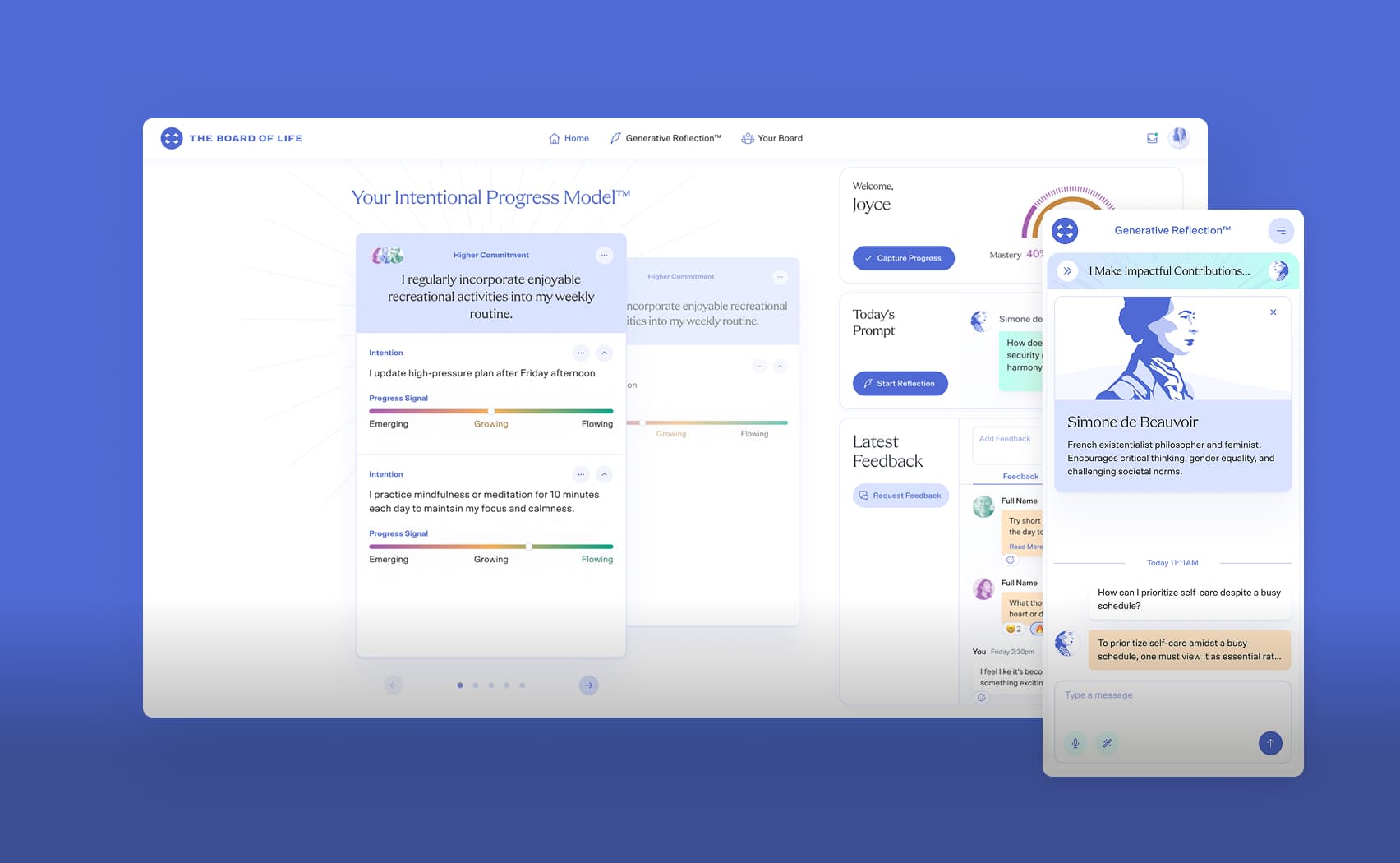Rails Optimization Guide for 2025: Speed, Security & Scaling for Modern Apps
If you're running a Ruby on Rails application in 2025, performance, security, and scalability aren't just technical checkboxes, they're growth drivers. Whether you're a CTO managing a complex Rails stack, a product owner with a legacy app, or a startup founder scaling fast, this guide is here to help you future-proof your Rails platform.
Why Optimization Matters in 2025
Today's users expect lightning-fast digital experiences. A slow or outdated Rails app impacts everything from user satisfaction to SEO, conversion rates, and internal team productivity. Optimization ensures that your app remains maintainable, performant, and secure as your user base grows.
Speed Boosters for Ruby on Rails
Speed is one of the most noticeable indicators of software quality. Here are key areas we focus on:
Speed is one of the most noticeable indicators of software quality. Here are key areas we focus on:
- Query Optimization: Reduce N+1 queries, add missing indexes, and review ActiveRecord usage.
- Caching: Use fragment caching, low-level caching, and external tools like Redis or Memcached to avoid redundant database calls.
- Code Profiling: Identify bottlenecks using tools like Rack Mini Profiler, Bullet, and Skylight.
- Asset Optimization: Minify and compress JavaScript, CSS, and images. Use CDNs where applicable.
Security Upgrades You Can’t Skip
Security is non-negotiable. In 2025, your Rails app must be resilient:
Security is non-negotiable. In 2025, your Rails app must be resilient:
- Stay Updated: Upgrade to the latest stable Rails version. Each upgrade includes critical security patches.
- Use Static Analysis Tools: Tools like Brakeman and bundler-audit detect vulnerabilities in real time.
- Protect Data: Use encrypted credentials, SSL, and secure data handling practices.
- Audit Dependencies: Regularly review gems for security risks and replace deprecated libraries.
Scaling Rails with Confidence
Your platform should grow as your business grows. We help clients prepare for scale with:
Your platform should grow as your business grows. We help clients prepare for scale with:
- Background Job Management: Use Sidekiq, Resque, or Delayed Job to offload time-consuming tasks.
- Service-Oriented Architecture: Modularize codebases when necessary to reduce bloat.
- Auto-scaling Infrastructure: Host on AWS, GCP, or Heroku with autoscaling and load balancing.
- Database Optimization: Partition large tables, monitor slow queries, and implement connection pooling.
Real Example: Before & After Optimization
A legacy client platform with millions of records was suffering from slow performance:
A legacy client platform with millions of records was suffering from slow performance:
- Page load times: Reduced from 3.2s to 0.8s
- Memory usage: Dropped by 60% after query and job optimization
- Error rates: Fell by over 90% after upgrading Rails and cleaning up outdated gems
These improvements led to happier users, lower cloud costs, and faster internal workflows.
Common Bottlenecks We Fix at JetRockets
- N+1 queries
- Inefficient database schemas
- Monolithic background job queues
- Unused or bloated dependencies
- Outdated asset pipelines
- End-to-end codebase review
- Load testing and memory profiling
- Database and indexing optimization
- CI/CD pipeline review
- Custom recommendations and a clear implementation plan
How do I know if my Rails app needs optimization?
If you’re seeing slower page loads, rising infrastructure costs, or complaints from users—you probably need an audit.
If you’re seeing slower page loads, rising infrastructure costs, or complaints from users—you probably need an audit.
What’s the ROI of a performance audit?
Beyond speed, a well-optimized Rails app lowers server costs, boosts SEO rankings, and reduces technical debt.
Beyond speed, a well-optimized Rails app lowers server costs, boosts SEO rankings, and reduces technical debt.
How long does optimization take?
Depending on scope, audits typically take 1-2 weeks, and implementation can range from 2-6 weeks.
Depending on scope, audits typically take 1-2 weeks, and implementation can range from 2-6 weeks.
Let’s Make Your Rails App Faster, Safer, and Ready to Scale
If you're ready to optimize your Ruby on Rails application or just want an expert opinion, get in touch with JetRockets. We’re here to help you move fast and build right.



